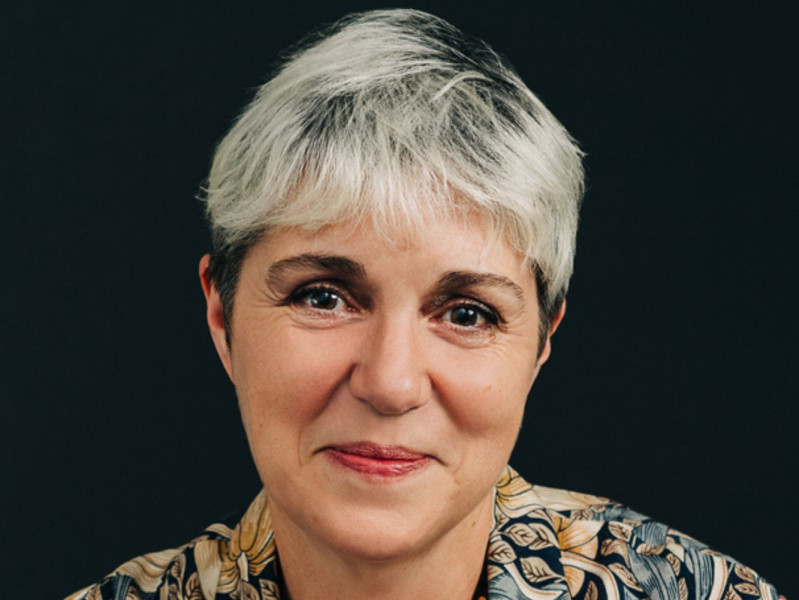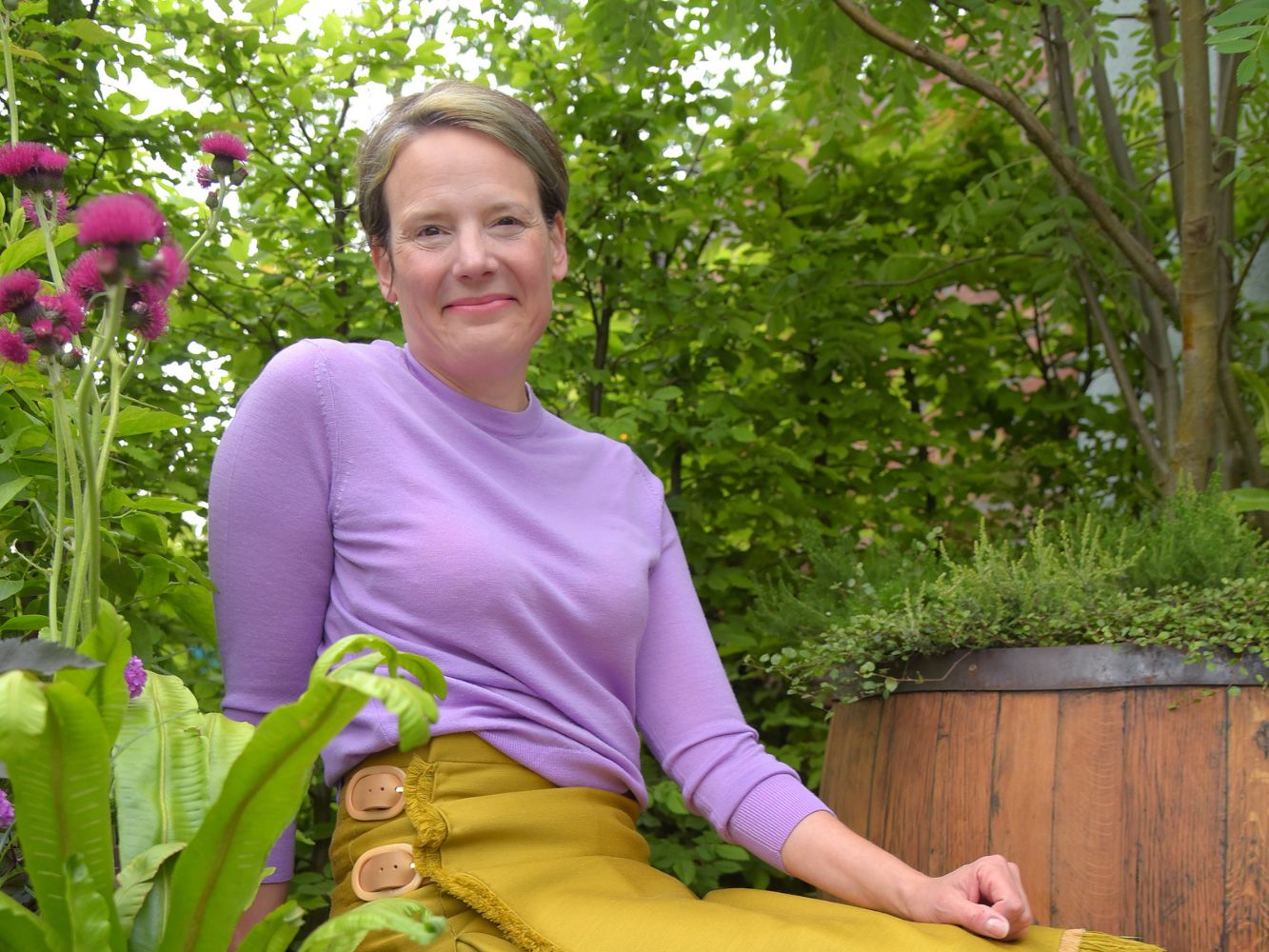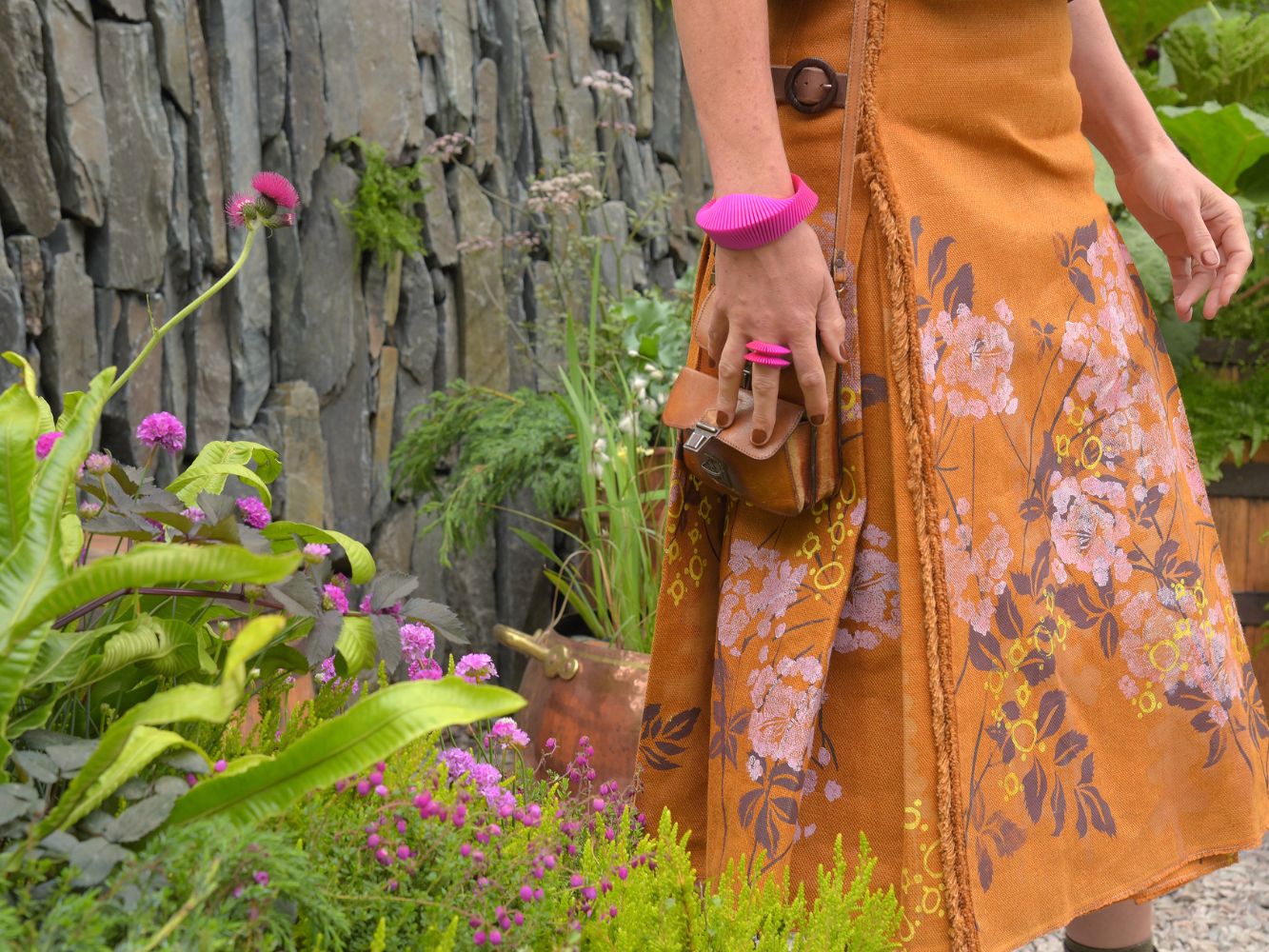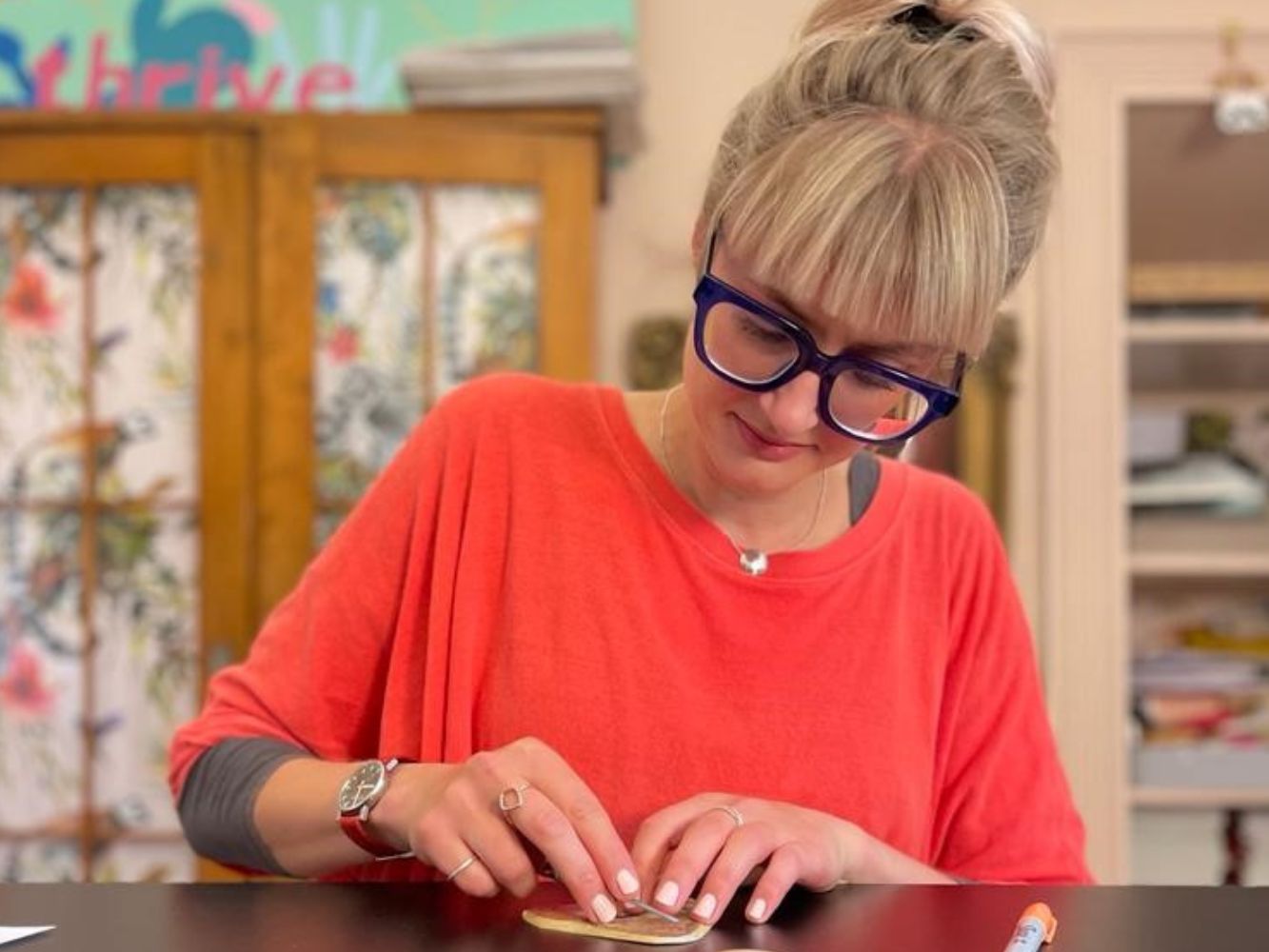Opinion: Why ‘lifestyle businesses’ matter for the economy
Friday 07 October 2022

I hate the term “lifestyle business”! It is so pejorative. We need to give greater respect to those who take on the task and insecurity of creating their own job. We should recognise that it is not a cosy, lazy life as suggested by “lifestyle business”. No Pina coladas for lunch - it can be a hard slog!
There are over 4 million self-employed people in the UK contributing £125 billion to the economy so these “lifestyle businesses” matter for all of us, especially in the current economic climate.
Many people start a business out of necessity as their family commitments to children, parents or other family members may make other employment difficult to find. This sort of “lifestyle choice” contributes greatly to the nation’s wellbeing because of the care that is delivered as well as the nation’s wealth, because that care is unpaid.
Whether self-employment is full-time or part-time we should elevate its status so that it is seen as real and important work that contribute to the nation’s economy, prosperity, and wellbeing.
In the Creative Industries 32% of jobs are self-employed (Easton & Beckett, 2021*). That’s nearly a third of a sector that is worth £115.9 billion to the UK economy and is one of the fastest growing sectors.
RGU is home to Gray’s School of Art, so I’ve worked closely with the sector. Since 2019 I’ve collaborated with Gray’s creative unit, Look Again, to create a course tailored for creative industries micro-businesses: Creative Entrepreneurship.
Since 2020, we’ve attracted over 120 small businesses onto RGU’s Creative Entrepreneurship Course which offers Entrepreneurship Education to creative practitioners from all walks of life, including artisan potters, digital designers, upholsterers, book binders, illustrators and fashion and textile designers. Places are fully funded by the Scottish Funding Council’s Upskilling Fund which enables these businesses to take part in this crucial training. We believe that it’s important for the people who run those businesses to see themselves as real entrepreneurs who have the knowledge and skills to run effective and successful businesses which enable them to share the benefits of their creative skills with others.
A recent success story from the Creative Entrepreneurship short course is alumna, Andrea Chappell of Moray based Acme Atelier, who champions the heritage craft of kiltmaking but often with a twist to incorporate special meaning for the wearer. Andrea’s business is growing from strength to strength, and she recently made a bespoke commemorative kilt, The Still Garden Kilt, for RHS Gold Medal winner, Jane Porter, that was featured at the Chelsea Flower Show. Another creative entrepreneur, Alison Shearer of Mint Lino Prints, works full-time as a senior engineer in the oil and gas sector, but with the support and encouragement from the Creative Entrepreneur short course, has set up a unique collaborative platform called ‘Shop Small Aberdeen’ as an alternative way for creative businesses to collaborate and sell handcrafted products.
With the current cost of living challenges and the prospect of a deepening crisis, having the knowledge to operate a business efficiently is vital to ensuring that businesses don’t fail, and people keep their livelihoods. We need to support these businesses with the skills and knowledge development that every business needs.
Many people are holding down multiple jobs to make ends meet. Adding self-employment as a legitimate employment route, what has become known as the “side-hustle” is something that more people may be considering over the coming months. Ensuring that high-quality support and training is available to them will increase the odds of them succeeding in their ventures and helping to turn around both their own circumstances and those of the economy and country.
Image shows Creative Entrepreneurship short course alumnae, Andrea Chappell of Moray basedAcme Atelier and Alison Shearer from @ Mint Lino Prints and 'Shop Small Aberdeen'.



